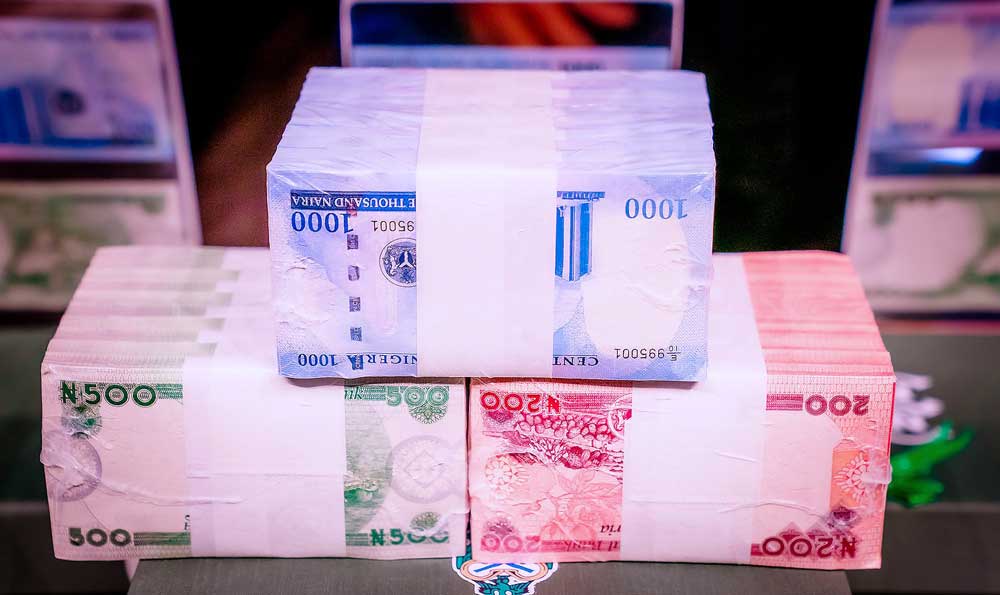Renaissance Capital Says Naira Undervalued By 30%
Renaissance Capital Africa has said that the Naira is currently under-valued by about 30 per cent.
The company said in its economic report that 2024 has a positive outlook for Nigeria with a strengthening currency and a rise in oil prices.
Advertisement
In the report, it added that holders of equities had already seen gains of 20 per cent since the end of February, as the naira strengthened from 1,600/$ to around 1,300/$.
It stated, “So at the March 28 level of 1,303/$, the NGN is 30 per cent undervalued to its long-term average. That’s the cheapest in Africa (just decimal places cheaper than Egypt), and only the Japanese yen is cheaper among 80 currencies we look at.
“We expect a surge in March and/or April inflation to erode that to perhaps 20-25 per cent undervalued. If the NGN stabilises at 1,269/$ – and if inflation was 20 per cent in March 2025, this would take the average rate up to around the same level by March 2025.
“As such, the naira could stay here all year – which is much better return in one-year bonds yielding 18-19 per cent than owning US treasuries at 4-5 per cent.
Advertisement
“Alternatively, the CBN could drive the NGN spot rate stronger, perhaps to 1,100/$ – and then encourage a weaker monthly trajectory for the currency. So, a 10-20 per cent nominal NGN move stronger from here is plausible, and we ought to get a re-rating of the equity market too (as in Pakistan and Kenya).”
On the other hand, it said a worsening current account, higher than expected inflation, and insecurity were obvious risks, stating that if inflation surges to 50 per cent in the next few months, then much of the undervaluation of the naira will disappear.
Renaissance said, “If inflation stayed at 50 per cent into next year, the naira would become overvalued at 1,300 and would need to sell off again to become competitive. The 18 per cent yield on one-year bonds would not look so attractive if we lose 20 per cent on the currency.
“There are fiscal risks that could lead to higher inflation. The government has an expensive liability via fuel and electricity prices. The fuel subsidy may have been officially removed in 3Q23, when the fuel price went to around N550 and the exchange rate was more like N700-800/$.”



